
Mining in South Africa has been the main driving force behind the history and development of Africa's most advanced and richest economy.
http://xtractresources.com/profile_sa_OFF.htm
In 1867 The discovery of diamonds in the Kimberly area led to a first large-scale exploitation and profitable mining in south Africa.
Johannesburg panorama
The Witwatersrand is in Gauteng Province, South Africa.
It is often falsely claimed, that the Witwatersrand basin was credited with gold deposits due to the fall of the asteroid. It formed the Vredefort crater 2.020 billion years ago. Falsely, because the gold bearing rocks covered by a thick layer of lavas and rocks of the Transvaal Supergroup, were laid down much earlier than the impact- between 700 and 950 million years before.
The impact though distorted the basin of Witwatersrand and the gold bearing rocks were brought to the erosion surface on the 300 km diameter rim of the crater.
The land that stretches from Welkom to Johannesburg, the Golden Arc, is also believed to have been a massive inland lake and that the gold and silt deposits from settled in the area alluvial gold, formed these gold-rich deposits.
The earliest discovery on the Rand near Krugersdorp in July 1852 at Paardekraal, is credited to an English citizen named J.H. Davis.
It has been reported, he found a considerable quantities of gold and sold them for £600 to the Transvaal Treasury. A formerly independent state in the southern part of the Gauteng province settled by the Boers.
With the prevailing policy of secrecy, he was ordered to leave the country shortly after.
One year later in October the gold on the banks of the Jukskei River was discovered, it was being kept in secret too. In 1874 at Blaauwbank the first mining concern was formed- Nil Desperandum Co-operative Gold Company. Back then until 1886 the gold was mined on the Rand at various places.
British colonial government annexed the region but the republic attempted to annex the regions near newly discovered goldfields which eventually draw protests from the colonial government and led to the First Boer War of 1880-1881.
Pilgrim's Rest and Barberton were the first towns to experience gold rush.
But the discovery on the Main Reef on the farm called Langlaagte in 1886 sparked the biggest one, The Witwatersrand Gold Rush and the rapid development of the gold fields. Of course hundreds of years earlier the Africans had already mined the gold, so it wasn’t new in south Africa, though in most cases the resources were running out fast. Here in Langlaagte it ran for miles and miles underground.
The original and first discoverer of the Witwatersrand gold reef was Jan Gerritze Bantjes in June 1884. Together with his partner Johannes Stephanus Minnaar, they have operated the Kromdraai Gold Mine from 1881 and prospected the area since 1880, known today as "The Cradle of Humankind".
Before 1886 the Transvaal had been a poor and struggling Boer republic, but the gold totally changed the face of it. Ten years later it was the richest gold mining area in the world.
Like the diamond discoveries before, the news of the gold finds spread, and the gold rush caused thousands of foreign men and women from all over the world to make their way to prospect and mine the region. They were crossing the deserts and the plains, sailing the steam ships, to get to the goldfields, almost twenty thousand settled on claims purchased from the Boers.
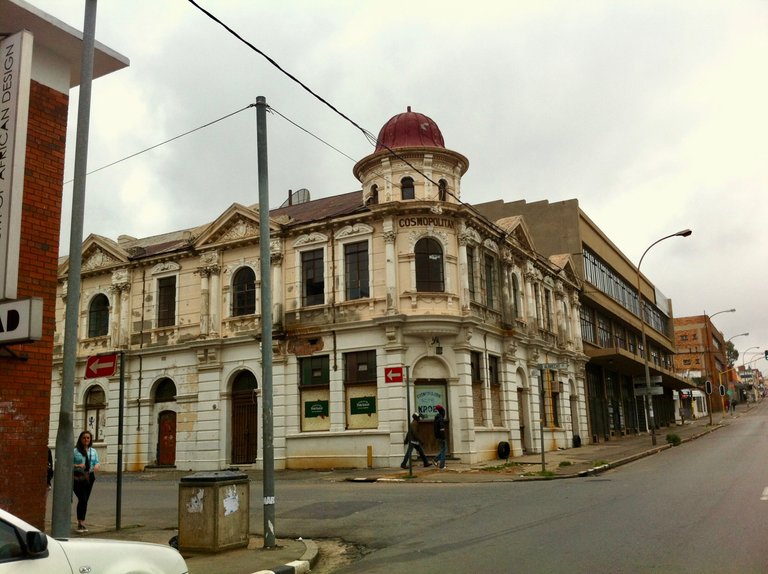
Johannesburg

Johannesburg
When the news reached Cecil Rhodes in Kimberley together with Robertson, his partner, they decided to visit the Bantjes' camp at Vogelstruisfontein. Rode over 400 km and after two days made their first transaction for the newly formed company Consolidated Gold Fields of South Africa. Purchased the £3000 worth batch of Witwatersrand gold.
The gold seekers had to traverse distance about five hundred miles with ox-teams or on foot. The railroad extended only as far north as the diamond mines at Kimberley. Through vast plains, the ox-teams dragged the necessary machinery and food. Wherever people found gold, another little mining camp grew.
As the gold seekers settled, and the community grew, the tents put up around the infrastructure for the gold extracting machines, the Government decided to call the township Johannesburg, soon to become the biggest in Transvaal. Mining camps became towns and
the building of the offices and shops followed. The ox transport was very slow, and the factory goods shipped from England, needed a lot o time to reach the miners, as the communities were developing, the system of transport needed to be developed too.
The roads were improved and the railways were built. It made a great difference, now towns grew up around the stations.
Still the new industry remained almost entirely in the hands of the new-comers pouring weekly to seek their fortune. In 1890 they lived almost exclusively around the suburbs along the Rand and in Johannesburg, almost one hundred thousand people. The Boers were obliged to occupy the other parts of the republic.
The prospectors were the first to come to the mines, they were looking for gold in the soil.
Labourers, constantly growing group but not coming to stay. They Were in search of quick paying jobs to help to pay their taxes, buy tools or guns. Most young African men came to earn money to pay the traditional bride-price.
Other people such as traders, ox-wagon drivers, shopkeepers, lawyers, hawkers, and many more made money from the needs of the people who mined the gold.
This large number of foreigners and the ownerships concentrated within the hands of the few Randlords, led to dissatisfaction of the Boers that resulted in heavy taxation and the denial of voting rights. In response the foreigners and British owners of the mines put pressure, to overthrow the Boer government.
At the height of his influence Premier of Cape Colony, Cecil J. Rhodes began his campaign for the control of the Boer territories.
The political tensions in the area, led to the failed Jameson Raid and ultimately contributed to the outbreak of the Second Boer War in 1899.
The gold mining industry continued to grow throughout much of the early 20th century, significantly contributing to the tripling of the economic value of what was then known as the Union of South Africa. In particular, revenue from gold exports provided sufficient capital to purchase much-needed machinery and petroleum products to support an expanding manufacturing base.
http://www.miningartifacts.org/South-African-Mines.html
South Africa has also large productions iron ore, coal, palladium, rutile and is world's largest producer of mineral riches such as platinum, manganese, chrome, vanadium.
*Photographs taken by @highonthehog
*Other sources : linked below photographs.
South Africa Investment and Business Guide (World Strategic and Business Information Library) (Volume 1)
http://www.miningartifacts.org/South-African-Mines.html
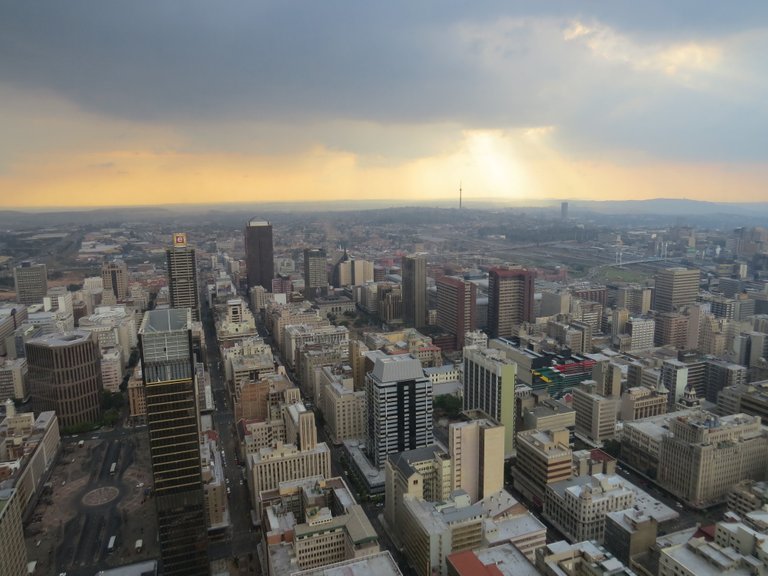
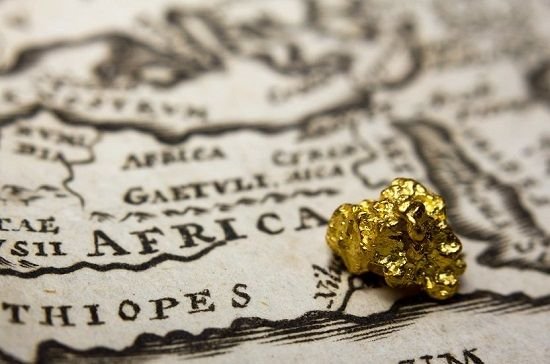
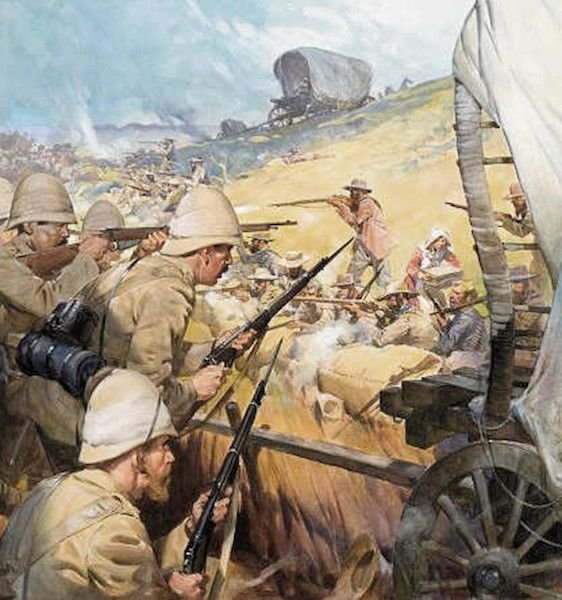
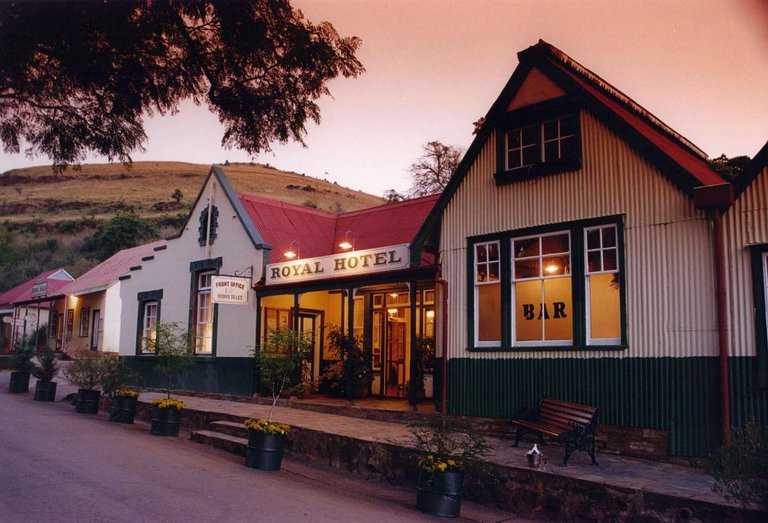
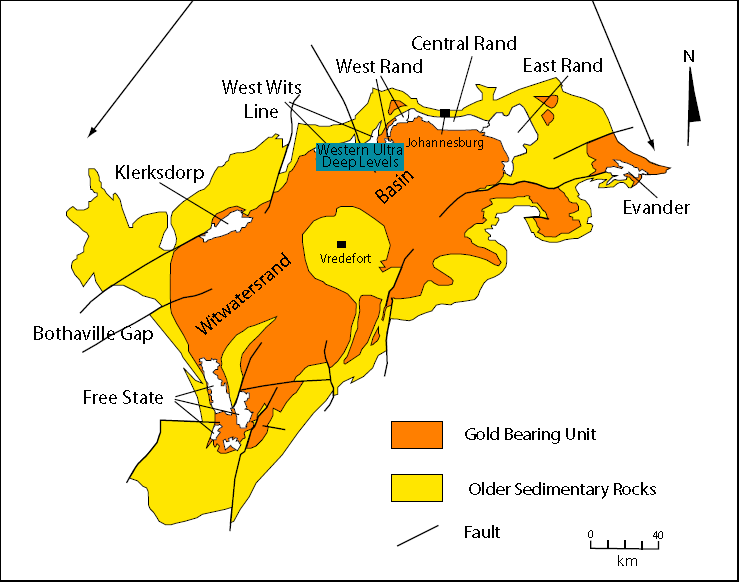
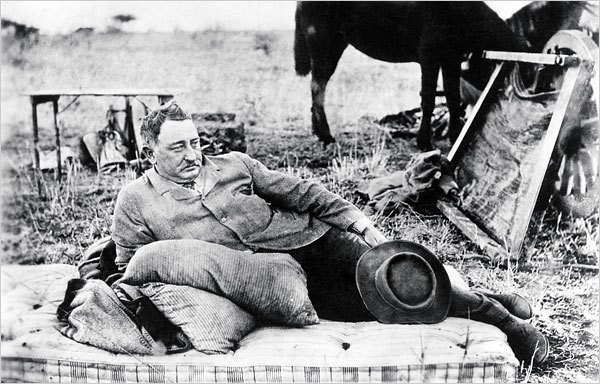
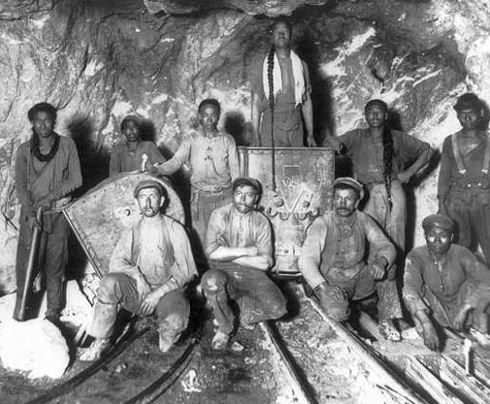
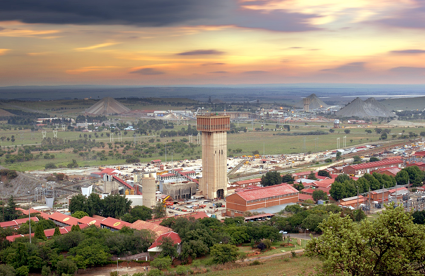
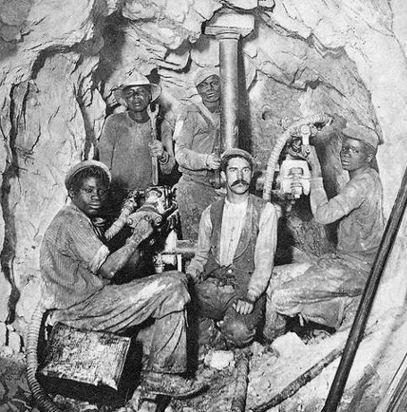
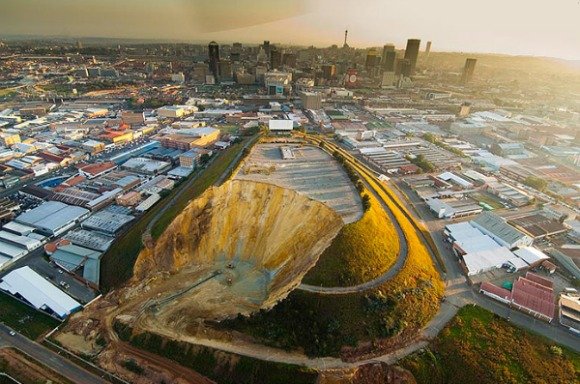
wow.. great post.. i have done some gold mining in Costa Rica. the hardest i ever worked for a gram of gold.
I also use the world map. just started. i also am starting a curation fan base on steemauto. for just travel bloggers like you. good luck @romanaround
Great idea. hope you have a post about it already, will gladly read.
Nice history lessons.
learned a lot about gold mining and South African history in your last posts :)
;) me too , always nice to update what one already know.
The most important thing is to communicate, to talk, to read, to think about it and to learn from it. :)
Congratulations! This post has been upvoted from the communal account, @minnowsupport, by highonthehog from the Minnow Support Project. It's a witness project run by aggroed, ausbitbank, teamsteem, theprophet0, someguy123, neoxian, followbtcnews, and netuoso. The goal is to help Steemit grow by supporting Minnows. Please find us at the Peace, Abundance, and Liberty Network (PALnet) Discord Channel. It's a completely public and open space to all members of the Steemit community who voluntarily choose to be there.
If you would like to delegate to the Minnow Support Project you can do so by clicking on the following links: 50SP, 100SP, 250SP, 500SP, 1000SP, 5000SP.
Be sure to leave at least 50SP undelegated on your account.
Congratulations, Your Post Has Been Added To The Steemit Worldmap!
Author link: http://steemitworldmap.com?author=highonthehog
Post link: http://steemitworldmap.com?post=gold-rush-in-south-africa-the-richest-gold-mining-area-in-the-world
Want to have your post on the map too?
Africa is rich and endowed, we all have what it takes to succeed really. Thanks for this dear
@followback shared your post. @messengerbot is a new bot following and informing your post. Follow @messengerbot and vote this comment to increase your chance to be voted in the future!
Good, so good! :)
;)
I love this post.
Thanks so much .
the new tragedy in Africa is Cobalt mining, everyone can research here whats going online, another exploitation of the african people once again
good morning greetings know from my continued success